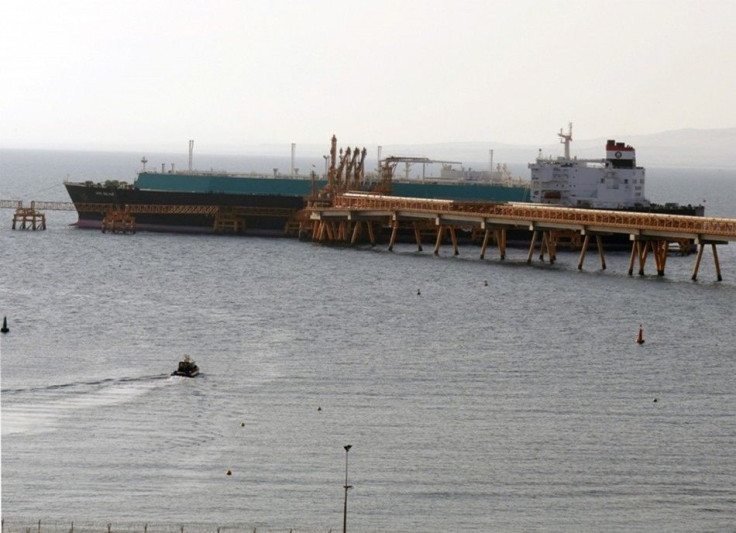Natural Gas Outlook: It’s Like Buying Gold In 1997

Investment guru Jeffrey Gundlach's natural gas outlook for the long term is extremely bullish despite depressed prices recently, even as futures on the fuel breached a 10-year low on Wednesday.
In a conference call on Tuesday, DoubleLine Capital's Gundlach said investing in natural gas now is like buying gold in 1997, Business Insider reported.
(Those who bought gold in 1997 would have seen their investments more than quintuple by now.)
He and other bullish investors believe the world will increasingly rely on the fuel.
Natural gas is arguably a cleaner fuel than oil in terms of environmental pollution. At current levels, it is also much cheaper. Moreover, the United States could potentially achieve energy independence -- a much sought-after but elusive goal since the Arab oil embargo of 1973 -- through natural gas.
Other countries could also benefit from the energy security it offers because, unlike oil, which is concentrated in politically unstable parts of the world, natural gas reserves are much more geographically dispersed.
Natural gas usage, however, remains limited currently because much of the global energy infrastructure centers on petroleum products.
For example, the U.S. transportation sector, which accounts for about 30 percent of the country's total energy consumption, relies heavily on gasoline, mainly because gas stations mostly sell that particular fuel.
In the United States, only 451 filling stations offer compressed natural gas, or CNG, to automobiles, according to the U.S. Department of Energy.
Moreover, less than 1 percent of passenger cars sold in 2011 in Germany ran on CNG, a situation that's similar to that of other major markets, including those in the U.S. and China, according to Eric Heymann, a Germany-based economist at Deutsche Bank.
However, due to the cost and environmental advantages of the fuel, Heymann said, natural gas-powered vehicles offer good prospects of growing their market share in the years ahead.
The transportation sector isn't the only source of potential incremental demand for natural gas.
The International Energy Agency, or IEA, which believes the world could enter into a golden age of gas in the coming decades, thinks the power generation, manufacturing and building sectors could also increasingly rely on the fuel.
In the near term, though, abundant supply, unlocked by hydraulic fracturing technology, or fracking, will likely keep prices low until demand increases.
Natural gas futures traded on the New York Mercantile Exchange are currently below $2 per million British thermal units and have breached the 2002 low.
Hsulin Peng, an analyst at Robert W. Baird & Co, thinks prices won't hit $5 per million British thermal units until 2015, Bloomberg News reported.
But for bullish investors with a long-term horizon, there are several ways to bet on rising natural gas prices.
They could buy natural gas futures contracts on the New York Mercantile Exchange and roll them over monthly. Natural gas producers like Chesapeake Energy Corporation (NYSE: CHK) offer another option for investors.
Gundlach himself recommended Master Limited Partnerships that derive their income from natural gas pipelines, such as Crestwood Midstream Partners LP (NYSE: CMLP).
© Copyright IBTimes 2024. All rights reserved.





















